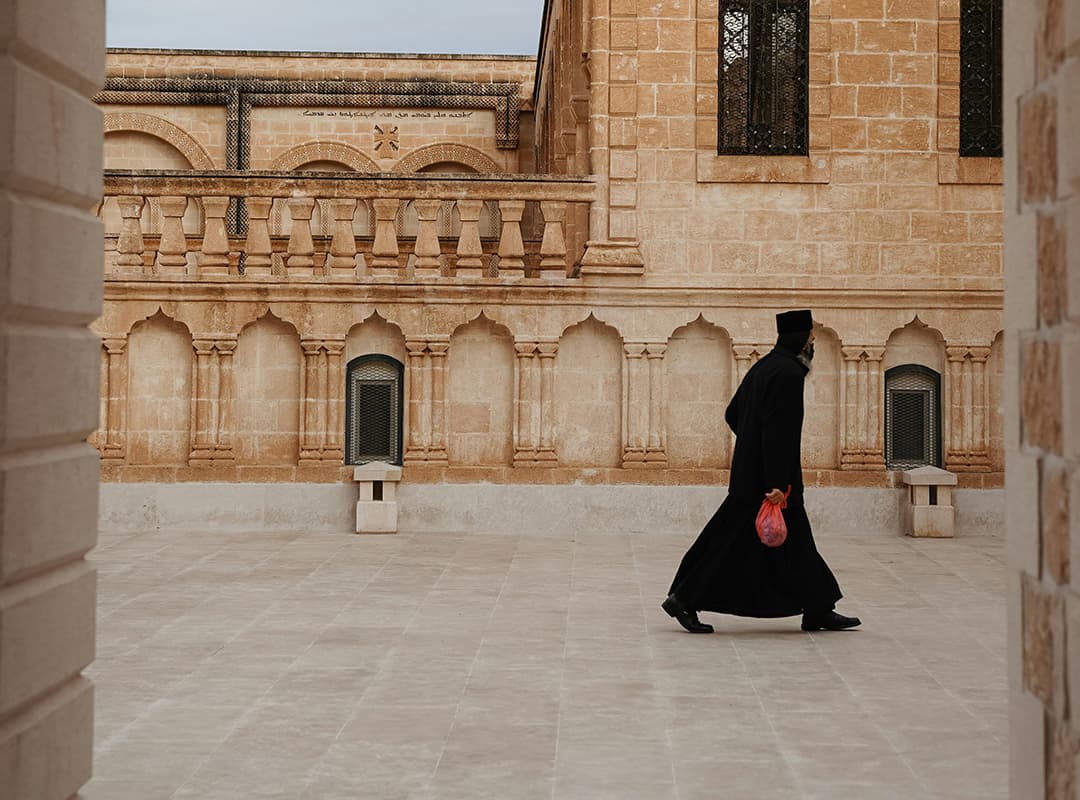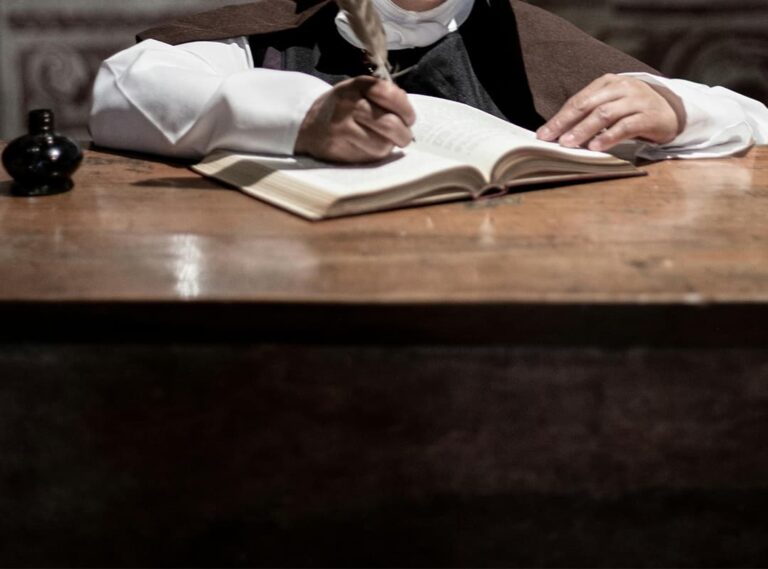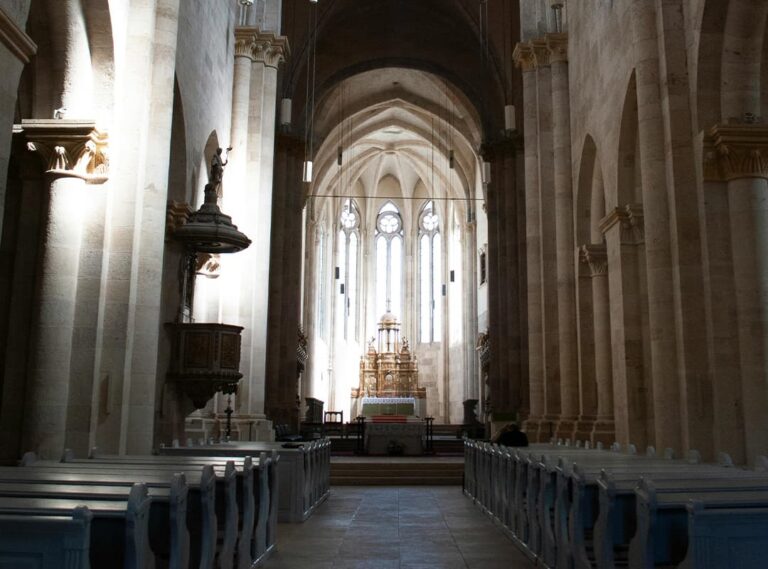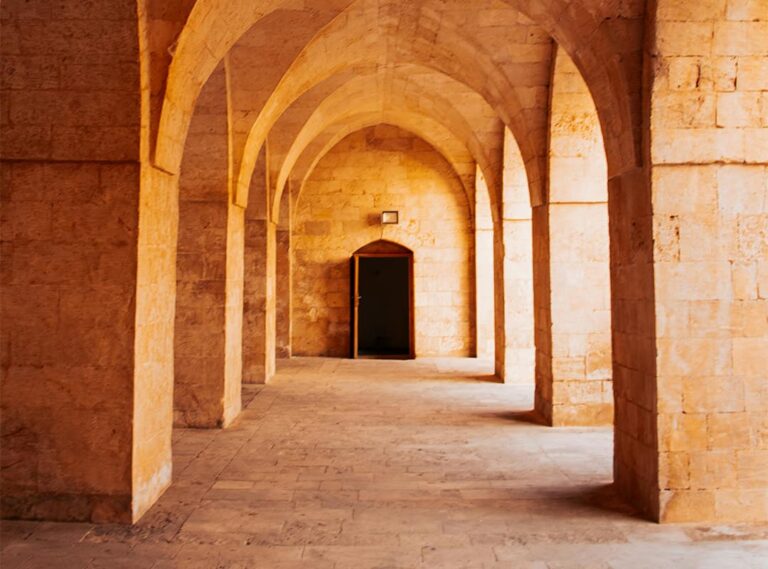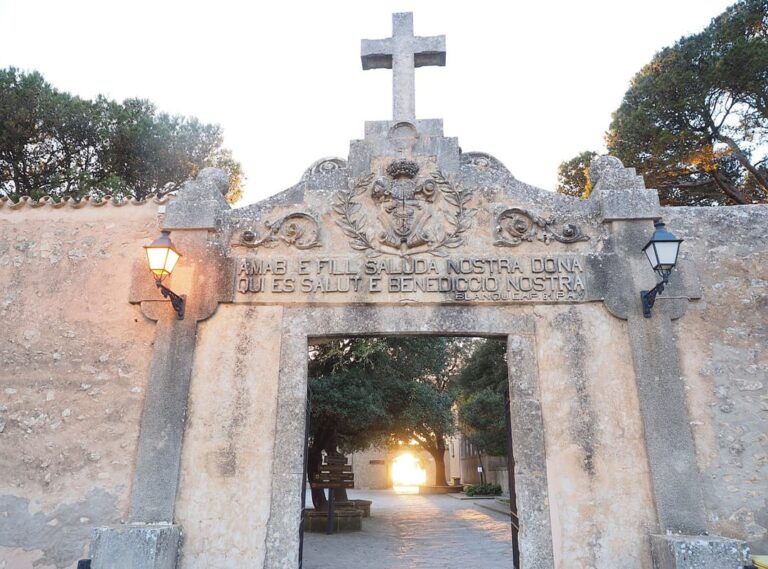The Franciscan Order, established by Saint Francis of Assisi in the early 13th century, has made profound and lasting contributions to the Roman Catholic Church. Known for their commitment to poverty, humility, and service, Franciscans have played a significant role in shaping the Church’s spiritual, social, and intellectual landscape. Their influence extends across various facets of Church life, including theology, education, and charity. The enduring legacy of their contributions can be seen in their dedication to serving the Church and the broader community. The Black Madonna of Częstochowa, a symbol of protection and devotion, serves as a fitting backdrop for understanding the impact of the Franciscans on the Church.
Spiritual and Theological Contributions
- Theological Insights and Reform
The Franciscan Order has been instrumental in the development of Catholic theology. Saint Francis’s emphasis on living the Gospel literally influenced theological discussions on poverty, humility, and the nature of Christian life. Franciscans, including notable theologians such as Bonaventure and Duns Scotus, have made significant contributions to scholastic theology, particularly in their exploration of the relationship between faith and reason. - Mystical and Contemplative Traditions
The Franciscan tradition has enriched the Church’s mystical and contemplative practices. The Order’s focus on simplicity and direct communion with God has inspired various forms of spiritual expression. The emphasis on contemplation and the mystical experience has deepened the Church’s understanding of the interior life and has influenced numerous saints and spiritual writers.
Educational and Intellectual Legacy
- Founding of Universities and Schools
Franciscans have significantly impacted Catholic education by founding and supporting numerous universities and schools. Institutions such as the University of Paris and the University of Florence benefited from Franciscan intellectual contributions. Their commitment to education has helped shape Catholic scholarship and has provided a strong foundation for theological and philosophical inquiry. - Preservation and Transmission of Knowledge
The Franciscans played a crucial role in preserving and transmitting knowledge during the Middle Ages. Their libraries and scholarly activities helped safeguard classical texts and fostered intellectual growth. This preservation of knowledge was vital for the Church’s development and for the broader cultural and educational advancement of Europe.
Charitable and Social Work
- Service to the Poor and Marginalized
A cornerstone of Franciscan spirituality is service to the poor and marginalized. Franciscans have established numerous charitable organizations and institutions to provide aid to the needy. Their work includes operating hospitals, shelters, and schools for those who are most in need. This commitment to charity reflects the Order’s dedication to living out the Gospel’s call to serve others. - Advocacy for Social Justice
The Franciscans have been advocates for social justice throughout their history. They have worked to address systemic issues such as poverty, inequality, and injustice. Their efforts to promote social equity align with the Church’s teachings on the dignity of the human person and the need for societal reform.
The Symbolism of the Black Madonna of Częstochowa
The Black Madonna of Częstochowa, an iconic image of the Virgin Mary, holds a special place in Catholic devotion. Known for its dark complexion and believed to possess miraculous qualities, this image represents divine protection and grace. The devotion to the Black Madonna symbolizes a deep connection to the sacred and reflects the Church’s emphasis on reverence and piety.
The Black Madonna’s significance underscores the Franciscan commitment to spiritual devotion and the veneration of sacred symbols. Just as the Black Madonna is revered for her role in guiding and protecting the faithful, the Franciscans have dedicated themselves to serving and uplifting the Church and its people through their diverse contributions.
Legacy and Ongoing Impact
The contributions of the Franciscan Order to the Church are both profound and enduring. Their theological insights, educational endeavors, charitable work, and commitment to social justice have shaped the Church’s mission and vision. The Franciscan legacy continues to influence contemporary Catholic life, inspiring new generations to pursue lives of service and devotion.
In conclusion, the Franciscan Order has made invaluable contributions to the Catholic Church, enriching its spiritual, intellectual, and social dimensions. The example set by Saint Francis of Assisi and the ongoing work of Franciscans exemplify the Order’s dedication to living out the Gospel and serving the Church. The Black Madonna of Częstochowa serves as a reminder of the deep spiritual roots that underpin these contributions, highlighting the enduring impact of the Franciscans on the Church and the broader Christian community.
